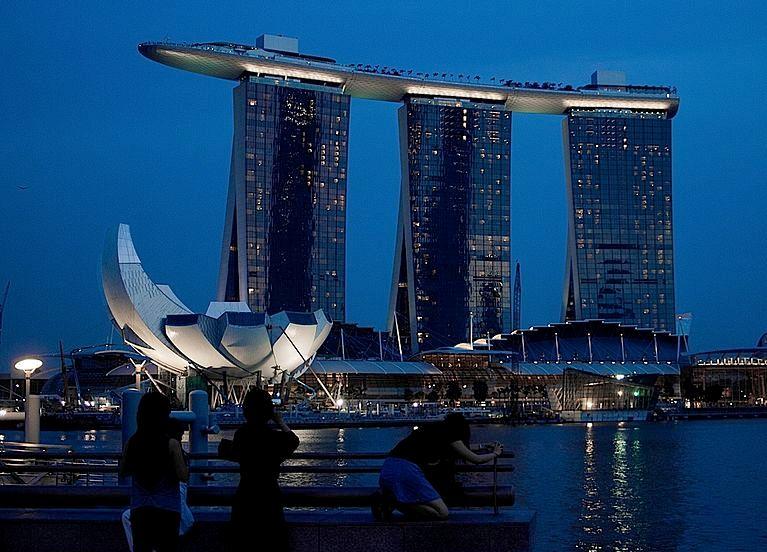
Singapore earned $1.3b from casino entrance fees since 2010
The proceeds will be used to fund social and community programmes.
Bloomberg reported that Singapore has received about $1.3b in casino entrance fees paid by citizens and permanent residents (PRs) since 2010 despite the recent hike in entrance levies minister for manpower Josephine Teo said in a parliamentary response.
In April, levies for Singaporeans and PRs to enter either Resorts World Sentosa or Marina Bay Sands were raised to $150 a day from $100, and $3,000 a year from $2,000, as part of the government’s efforts to deter locals from gambling.
“The daily and annual entry levies serve to deter casual and impulse gambling by locals and are part of a holistic suite of social safeguards,” Teo said. “Between 2010 and 2018, the number of local visitors to the casinos declined by 50%.”
The $1.3b collected will go to the Tote Board, a government body that funds social and community programmes.
The government earlier announced that it would extend the exclusive licenses for two casino operators, Las Vegas Sands and Genting Singapore’s Resorts World, until 2030 after they pledged to invest $9b in additional tourism attractions.
Here’s more from Bloomberg.
























 Advertise
Advertise










